The BRICS Global South approach may take years to fully materialize, but its direction is clear:
BRICS leaders have made a strong message that has echoed across the world community:
the Global South is tired of pleading to be included in decision-making forums that have traditionally been controlled by Western nations.
As BRICS works to create a more equitable, multipolar global order that takes developing economies’ perspectives into consideration, this proclamation represents a sea change in global governance.
This change in the Global South shows that developing countries are not happy with the current situation, in which choices that impact billions of people are made without equitable participation in the economy and geopolitics.
"The Global South Is Done Begging": What Does It Mean?
The BRICS Global South community’s rising belief that developing countries need to take control of their own economic and political futures lies at the core of this proclamation.
Countries in Africa, Asia, and Latin America have depended on global organizations controlled by the Global North for decades in order to get development models, trade frameworks, and financial assistance.
However, the BRICS Global South group now claims that it has the right and the power to determine the global agenda, not as beneficiaries of aid but as equal players, thanks to its growing economic influence, abundant resources, and growing population.
BRICS: From a New Bloc to an International Counterweight
The BRICS Global South From a loosely affiliated collection of rising countries, the bloc—Brazil, Russia, India, China, and South Africa—has developed into a significant rival to the G7.
Their combined GDP exceeds that of the G7, making up more than 31% of world production. At the most recent meeting, BRICS leaders emphasized that the period of passive acquiescence is gone and stated their intention to grow the bloc, strengthen collaboration, and support South-South relations.
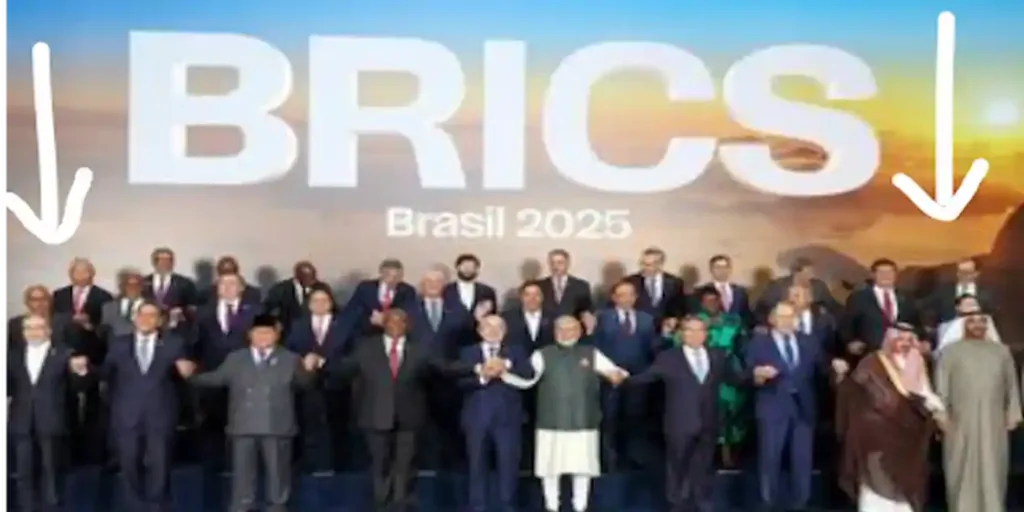
Why Now? The Motives for the Global South Assertion of BRICS
The BRICS Global South is more forceful than ever for a number of reasons:
- Global Economic Growth: China and India, two of the largest economies in the world, are leading the BRICS nations in propelling global economic growth.
- Critical Resource Power: The BRICS Global South has negotiating power in supply chains because of the bloc’s substantial deposits of vital minerals, energy resources, and agricultural capacity.
- Multipolar Momentum: Western-dominated organizations like as the World Bank and IMF have come under fire for their allegedly unjust or constrictive actions. Alternatives like the New Development Bank are being promoted by the BRICS Global South.
- Geopolitical Shifts: In an effort to lessen reliance on the US dollar, BRICS is debating new trade agreements in local currencies. Conflicts and economic changes have sped up discussions on dedollarization.
Important Lessons Learned from the Most Recent BRICS Summit
At this year’s conference, the BRICS Global South made it plain that the group expects actual reform, not just token support. The following significant results demonstrate this change:
- Plans for Growth: Discussions about bringing in new members like Saudi Arabia, Egypt, Iran, and Argentina show that BRICS wants to establish itself as the leading voice of the Global South.
- De-dollarization Drive: In order to reduce their exposure to Western sanctions and exchange rate volatility, the BRICS nations have reiterated their intentions to fortify their use of local currency for commerce.
- New Development Frameworks: The New Development Bank seeks to provide loans to members of the BRICS Global South with greater financial autonomy by removing the stringent austerity requirements that are frequently associated with IMF funding.
- Technology and infrastructural: In the Global South, pledges were made to collaborate on investments in digital transformation, green energy, and infrastructural connections.
The Effects of This on the World Economy
The BRICS Global South position has significant ramifications:
- Less Dependency on Western Aid: Developing nations may become less dependent on conventional Western-led institutions as they look more and more to BRICS alternatives.
- Changing Trade Patterns: Regional supply networks may become more robust as South-South trade increases.
- Geopolitical Realignment: A multipolar world with more equitable power distribution may be accelerated by the BRICS Global South.
BRICS’s united position on strengthening the Global South indicates genuine purpose, despite detractors pointing to internal divisions within the group.
Prospects and Difficulties for the Global South's BRICS
Although there are obstacles, the BRICS Global South concept has potential:
Possibilities:
- More fair trade deals.
- Expenditure on vital infrastructure.
- Improved cooperation in the region.
The difficulties:
- Member state political conflicts.
- Integration of the financial system and currency.
- Danger of sanctions and backlash from the West.
Does the Global South Have What It Takes to Lead?
The bold claim that the BRICS Global South is “done begging” is a test as much as a proclamation.
It puts pressure on the BRICS countries to produce outcomes that enhance domestic quality of life while redefining international economic standards.
The BRICS Global South needs to show that its alternative frameworks provide more equitable trade, real, sustainable growth, and development that truly benefits millions of people if it is to thrive.
Conclusion: Is the Global South Entering a New Era?
One thing is evident as this audacious statement reverberates throughout the globe:
The BRICS Global South is taking a stand to demand representation, respect, and outcomes.
Although there are still obstacles to overcome, this new assertiveness has the potential to empower billions of people and close the gap between ambition and action.
A truly multipolar global system, in which the South no longer requests a place but creates its own table, may begin if the BRICS Global South remains together and delivers.

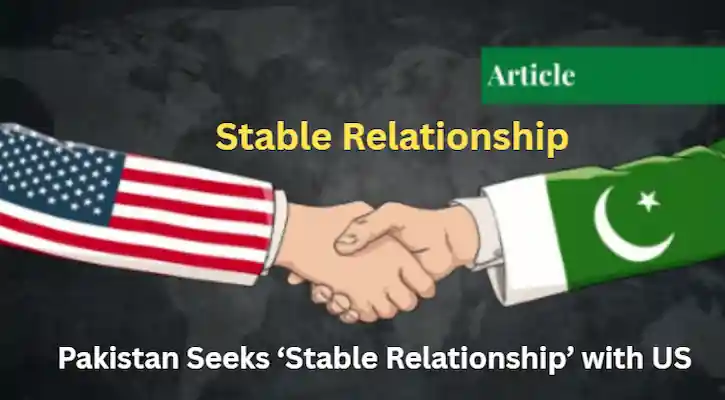

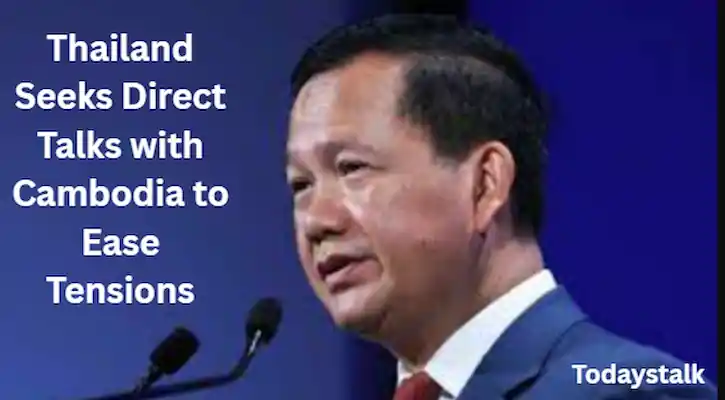

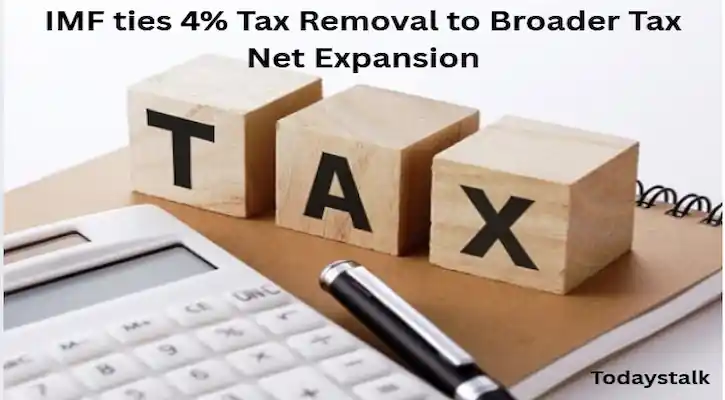
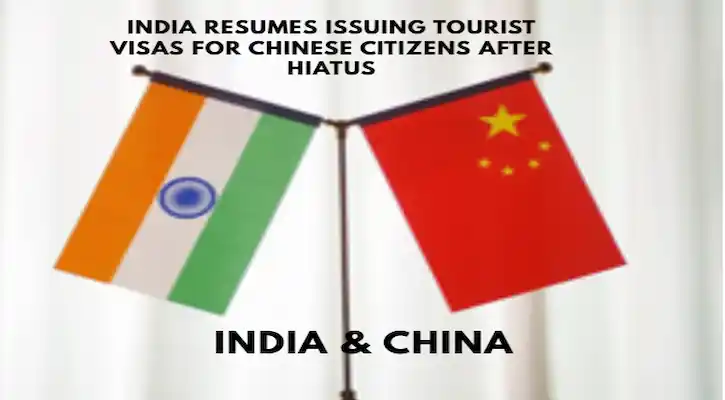
 Bitcoin
Bitcoin  Ethereum
Ethereum  XRP
XRP  Tether
Tether  Solana
Solana  TRON
TRON  Dogecoin
Dogecoin  Litecoin
Litecoin